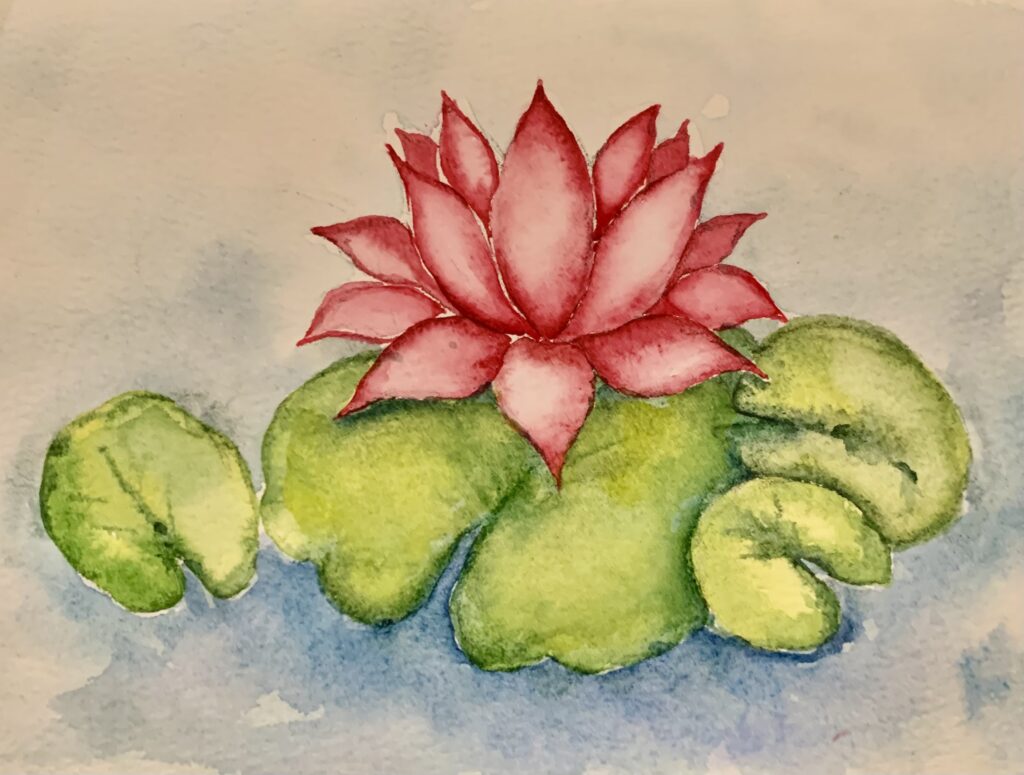Healing Trauma with Basic Goodness
August 21, 2024
The Nature of Basic Goodness
Basic goodness is the inherent purity, wisdom, and compassion that exists within all beings. Beneath the layers of conditioning, confusion, and suffering, every individual possesses an innate, untainted quality that is fundamentally good and worthy. This core belief, rooted in Buddhism, suggests that all beings naturally possess this goodness, which serves as the foundation for healing.

The Human Approach to Trauma
In the animal kingdom, trauma is typically resolved through an instinctual process. After a traumatic event, animals often release the energy associated with trauma by shaking or briefly shutting down before moving on. They do not carry their traumas through life; instead, they release them, allowing themselves to remain engaged in the basic functioning required to meet their daily needs.
Humans, however, have a more complex relationship with trauma. While we have the capacity to grow emotionally or spiritually through traumatic experiences, unexamined reactions to trauma can entrap us in painful storylines. These narratives can magnify our suffering and lead us to mistakenly believe that there is something intrinsically wrong with us. Such negative storylines sever our connection to basic goodness, freezing the trauma within us and distorting our self-perception. Left unchecked, these interpretations of trauma can lead to significant mental health challenges or, at the very least, disrupt our daily lives.
The Potential for Contentment
Healing from trauma is often a long and complex journey. The effects can be enduring, and the path to recovery is not always straightforward. However, by understanding that what happens to us is not our fault and by reconnecting with our basic goodness, we can begin to heal. This inherent goodness is unconditionally present in all of us, a universal truth that suggests everyone has the potential for contentment and fulfillment. Recognizing and reconnecting with this essence is central to healing, especially when faced with the scars of trauma.

The Universal Experience
Becoming aware of our basic goodness is a powerful step in overcoming trauma. This inherent goodness is unconditionally present in all of us. It’s a universal truth that resides within all sentient beings, suggesting that everyone has the potential for contentment and fulfillment in life. Recognizing and reconnecting with this essence is central to healing our hearts and minds, especially when faced with the scars of trauma.
Mark Epstein, in his book Trauma in Everyday Life, aptly notes that “Trauma is an indivisible part of human existence. It takes many forms but spares no one.” He emphasizes that trauma is not a failure, mistake, or sign of weakness—it is simply a fact of life.
However, this fact of life doesn’t have to be a hindrance to achieving the kind of life we want and deserve. By connecting to our basic goodness, we can transcend the pain and suffering of trauma, finding the strength and resilience to move forward. This connection helps us see that trauma, while challenging, does not define us or our potential for happiness. It reminds us that, at our core, we are whole, worthy, and capable of living a meaningful life.
My Commitment
I am deeply committed to connecting with my own basic goodness and passionate about bringing this awareness to those I have the honor of working with in therapy. This connection is the foundation of my work and life, inspiring me to stay engaged, curious, and open as I navigate my own path. It fuels my dedication to supporting others on their journeys, helping them rediscover their own inherent worth and potential. This shared exploration of our basic goodness is what keeps me energized and motivated, both in my personal growth and in guiding others to find healing and fulfillment in their lives.
